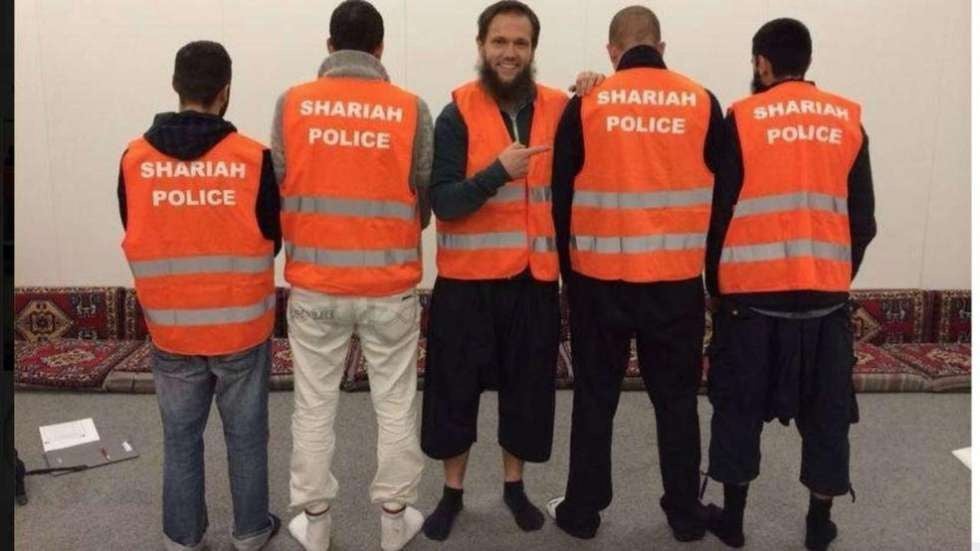 The image of the Passover lamb in Exodus 11 is a preview of the cross of Jesus.
The image of the Passover lamb in Exodus 11 is a preview of the cross of Jesus.
In order to understand the picture, we have to look back to the first sacrifice. When human beings wanted to decide for himself what should be good for him, he lost the familiar relationship with God and hid from him. He realized that he had nothing to offer God and stood before God without anything. Mankind tried to cover himself, but it was only fig leaves.
God took an animal, slaughtered it, and gave them the skin for clothing. Only through a skin could man continue to exist before God. Man experienced the result of turning away from God’s orders. Someone had to die because of their disobedience. They were made aware of the consequences of turning away from God. Death is the result of missing the aim – of sin.
The Passover sacrifice adds a deeper aspect. The Lamb appointed by God protects from judgment. The point is to trust and do God’s instructions.
In Jesus we now have a place to put our sins away. At the same time, it is a place where the victim experiences reparation. God does not simply ask us to forget, but he carries our burden in Jesus. In this way he understands us even in our need because he has suffered through it himself. God is not a distant God, but a God who helps us. He is close to us.
At Passover, Jesus uses the bread of the Exodus and the cup of redemption as a sign of renewed faith. The Lord’s Supper is an expression of the belief that Jesus died for me on the cross as the Passover lamb and rose again at Easter and that I have a part in his resurrection power. Death does not have the last word in my life.
Death and resurrection of Jesus is an offer of reconciliation that we can step into. It is not about religious accomplishment and not about a fig leaf, but about trust in God. We don’t create a path to God, we take up His offer of salvation.
 Sharia is not a codified law. It has never been fully applied at any time or place.
Sharia is not a codified law. It has never been fully applied at any time or place.